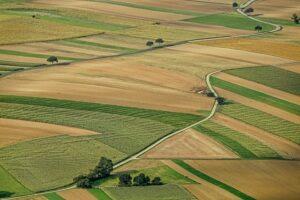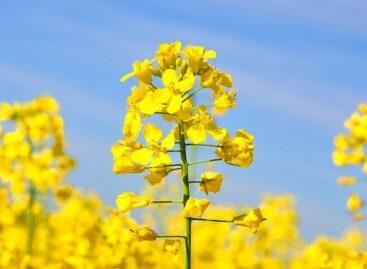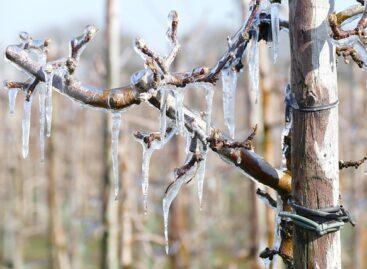Information about the changes in the HMKÁ regulations affecting the autumn sowing structure
The Ministry of Agriculture has informed the farmers several times, most recently in June, about the domestic implementation of the simplification of EU rules created during the year as a result of the European farmers’ protests.

(Photo: Pixabay)
From 2025, there will be a significant relief: the obligation to designate non-productive areas – including fallow land – will be abolished, only a few minor restrictions will remain. The Ministry of Agriculture again summarized the most important rules regarding crop rotation and crop diversification, as well as fallow, in a downloadable information sheet before the beginning of the autumn work.
According to regulation 7 of the Good Agricultural and Environmental Status (HMKÁ), the crop rotation obligation can also be fulfilled from 2024 with crop diversification, which will remain in effect in 2025
The other significant relief concerns the waste disposal obligation. In 2024, Hungary enjoyed a derogation from HMKÁ regulation 8, i.e. maintaining the minimum proportion of non-productive landscape elements and areas, therefore it is sufficient if the producer uses non-productive landscape elements on at least 4% of the agricultural farm’s arable land, including those left fallow area, the use of nitrogen-fixing plants and ecologically important second sowing. These can be combined as long as they cover at least 4 percent of the arable land. In 2024, fallowing is not mandatory, but if the farmer still decides to do so, then only fallow with soil cover can be accepted, and this year – until the submission of the unified application – with stalk crushing, other plant covers are also acceptable as fallow with soil cover. From 2025, thanks to the KAP simplification package achieved by farmers’ demonstrations, the HMKÁ8 regulation, i.e. the non-productive landscape element, i.e. the regulations regarding the maintenance of fallow land, is expected to change significantly. Farmers are no longer required to designate non-productive areas – including fallow land – but the preservation of protected landscape elements remains a requirement, and the cutting, pruning and other mutilation of hedges and trees for non-agricultural production purposes during the breeding and chick-rearing period is also prohibited. Starting next year, the practice of designating non-productive elements will continue among the voluntary commitments of the Agro-ecological Program.
AM
Related news
ENAR data reconciliation for cattle, sheep and goat, pig and poultry farmers is underway until the end of March
🎧 Hallgasd a cikket: Lejátszás Szünet Folytatás Leállítás Nyelv: Auto…
Read more >Related news
The Hungarian Food Book is 50 years old
🎧 Hallgasd a cikket: Lejátszás Szünet Folytatás Leállítás Nyelv: Auto…
Read more >ZEW: Economic expectations worsened in Germany and the euro area in February
🎧 Hallgasd a cikket: Lejátszás Szünet Folytatás Leállítás Nyelv: Auto…
Read more >NKFH: inspections focus on discount prices and customer deception
🎧 Hallgasd a cikket: Lejátszás Szünet Folytatás Leállítás Nyelv: Auto…
Read more >









